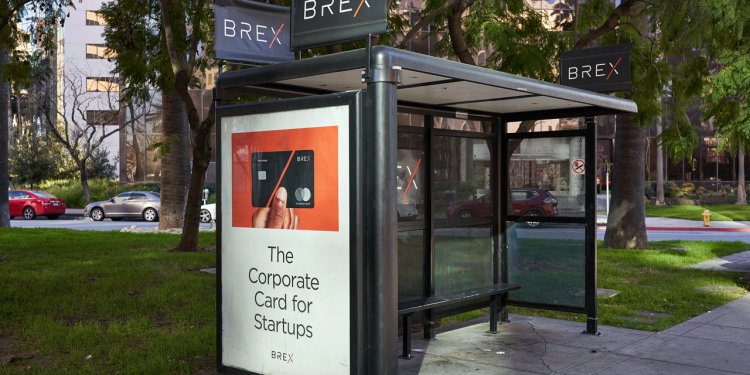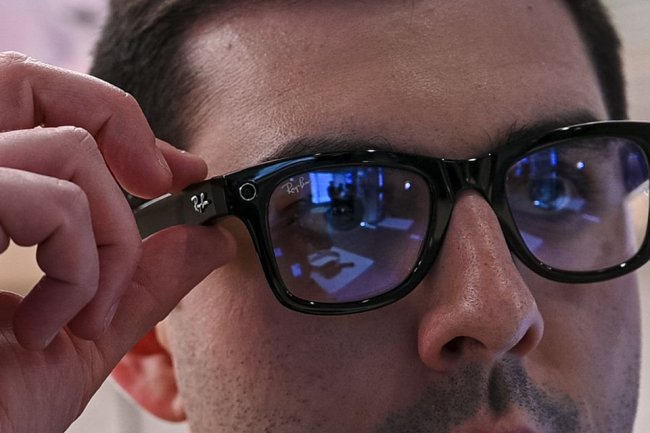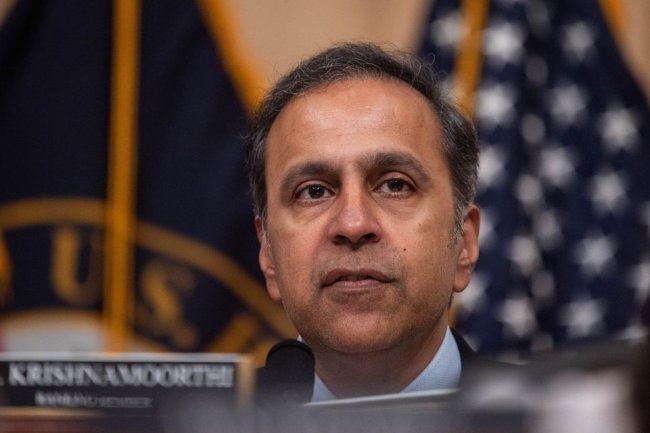This Payments Company Is Winning Big After SVB Collapse
Brex says it now oversees close to $7 billion in customer money, after startups fled Silicon Valley Bank Much of Brex’s new money comes from businesses that had no previous relationship with the company. Ted Hsu / Alamy Ted Hsu / Alamy By Angel Au-Yeung and Peter Rudegeair Aug. 10, 2023 8:00 am ET Brex isn’t a bank, but it got a lot of new business from the collapse of one. Startups and other tech companies fled Silicon Valley Bank during its final days, and many put their money in too-big-to-fail institutions such as JPMorgan Chase. Some also opted to store at least some of their money at Brex, a payments company better known for


Brex isn’t a bank, but it got a lot of new business from the collapse of one.
Startups and other tech companies fled Silicon Valley Bank during its final days, and many put their money in too-big-to-fail institutions such as JPMorgan Chase. Some also opted to store at least some of their money at Brex, a payments company better known for issuing corporate credit cards.
Brex now oversees close to $7 billion in customer money, up from $4 billion before SVB’s failure. More than 80% of the 4,000 accounts Brex opened since SVB started teetering in early March are still active.

Henrique Dubugras and Pedro Franceschi serve as co-chief executives of the fintech company Brex.
Photo: McNair Evans
SVB’s failure left a void in the tech ecosystem for basic banking and borrowing that a number of players are angling to fill. First Citizens Bancshares acquired SVB’s remains, hoping to leverage SVB’s established relationships with tech businesses. Banks including HSBC and Stifel have hired senior SVB bankers with the same goal in mind.
Brex, for its part, has been targeting SVB’s roster of startups. After SVB was seized by the Federal Deposit Insurance Corp., Brex unsuccessfully bid $70 million to buy deposits and credit-card balances tied to SVB’s early-stage and growth-stage customers. Brex also recently hired Jason Mok, a 16-year SVB veteran, to help manage its relationships with startup clients.
When the run on SVB started on the morning of Thursday, March 9, Brex had nearly $300 million of its corporate cash in SVB accounts. In an internal Slack channel called the Conclave-of-Cash, Brex’s finance team monitored and debated SVB’s financial health.
Here’s how the FDIC works and why it was created. Photo illustration: Madeline Marshall
At a meeting that morning, co-Chief Executive Henrique Dubugras learned that Brex’s cash-management unit had already received $500 million of inflows—about five times what Brex experienced on a typical day. Sensing the fear from other SVB customers, he and co-CEO Pedro Franceschi decided to move Brex’s own money sitting at SVB to JPMorgan.
By the end of Thursday, Brex had taken in $3 billion in new customer money.
Much of the money came from businesses that didn’t already have a relationship with Brex. The company, unlike many banks, can open business accounts on the same day a customer requests them.
Because Brex isn’t a bank, it offers business accounts through a brokerage arm that sweeps customers’ deposits into a network of FDIC-insured partner banks. Brex soon raised the amount of FDIC protection it provided through its bank network from $1 million to $6 million. (In other words, Brex offered to split customers’ deposits among more bank accounts to get more FDIC protection.)
SHARE YOUR THOUGHTS
What’s your outlook on Brex? Join the conversation below.
Customers can also choose to have their deposits swept to a Bank of New York Mellon money-market fund if they want to earn extra yield.
About two years before SVB collapsed, Brex applied to open its own bank in Utah with an eye toward getting deeper into lending. Now, instead of aiming to get a company’s entire cash balance, Brex sees more opportunity in being the go-to operating account for businesses.
Write to Angel Au-Yeung at [email protected] and Peter Rudegeair at [email protected]
What's Your Reaction?

















